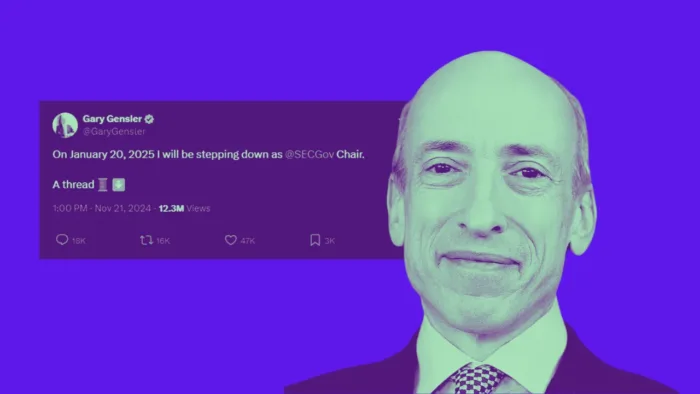A White House official announced on Thursday that a meeting on the debt ceiling between U.S. President Joe Biden and key lawmakers, which had been planned for Friday, had been postponed.
According to those familiar with the discussions, as negotiations to raise the government’s $31.4 trillion debt ceiling to prevent a catastrophic default advance, aides from both sides have begun to talk about methods to rein in federal spending.
The White House had stated that Biden’s advisers met on Wednesday and Thursday to discuss lifting the debt ceiling with Republican House Speaker Kevin McCarthy, Democratic Senate Majority Leader Chuck Schumer, top Senate Republican Mitch McConnell, and top House Democrat Hakeem Jeffries.
McCarthy told reporters at the Capitol that he thought the staff negotiators who had been meeting this week needed to continue their discussions before the principals met again, but that the delay was not a hint of problems in the negotiations.
According to two sources, White House officials understand that in order to reach a compromise, they will need to accept some expenditure cutbacks or stringent spending limitations but still maintain Biden’s landmark climate legislation, which was approved last year across party lines.
The April-passed House Republican package to suspend the borrowing limit would reduce federal spending to levels in 2022, cap future growth below inflation, and abolish the Biden legislation’s incentives for renewable energy, electric vehicles, and other environmentally friendly technology.
The length of the next prospective debt ceiling standoff is another topic of discussion between the two parties, according to insiders. Biden and Democrats would want a two-year window, delaying any legislative action until after the 2024 presidential election. However, the sources said that in order to obtain more time, they could have to accept deeper spending cuts or stricter spending limitations.
In order to minimize deficits, Biden’s proposed budget for fiscal 2024 calls for tax increases, but it also calls for a 5% rise in discretionary spending for the following year. In contrast, House Republicans want to increase spending on defense and veterans while cutting agency budgets by an average of 8%, which would mean other programs would face even deeper cuts.
Democrats have traditionally campaigned for an unconditional lifting of the debt ceiling, while Republicans have wanted a host of policy reforms in addition to significant expenditure cuts. The fact that spending cuts and caps are currently being discussed may be a sign of progress in talks.
The White House characterized the postponement as a positive step, with meetings moving forward.
Unless the debt ceiling is lifted, the U.S. federal government could run out of money to pay its debts as early as June 1, according to the Treasury. There are only a few days left for Biden and the House and Senate leadership to be in town before their departure from the country to attend the G7 summit in Japan.
Spending Cuts Take Center Stage as Biden-McCarthy Debt Ceiling Discussion is Pushed Back






